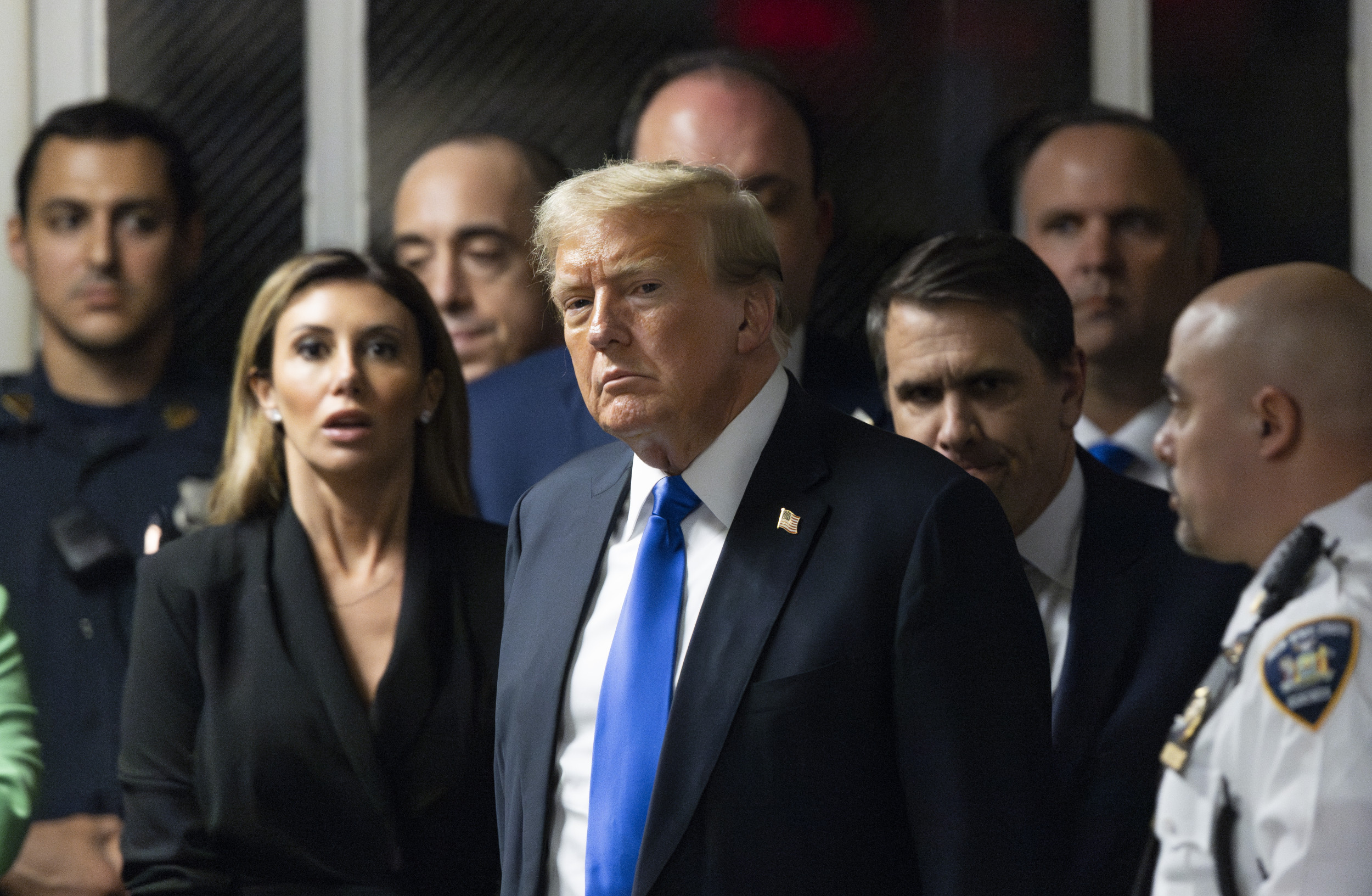The stakes around the embattled Ukrainian city of Bakhmut are higher than ever for Moscow following the Wagner Group mutiny as the Kremlin stares down Kyiv's counteroffensive, an expert has told Newsweek.
The Wagner Group's revolt on June 24 has "transformed the importance of Bakhmut for the Russians," according to Frederik Mertens, a strategic analyst with the Hague Center for Security Studies. It may also become a key factor in the success of Ukraine's concerted push along their eastern and southern front lines, he said.
The battle for the fiercely contested city of Bakhmut, in Ukraine's eastern Donetsk region, has raged for months. The settlement, which was once home to around 70,000 people, has been levelled and labelled a "meat-grinder," by some including Wagner chief Yevgeny Prigozhin.

"There is nothing, they destroyed everything," Ukrainian leader, Volodymyr Zelensky, said in mid-May. "Bakhmut is only in our hearts."
But Bakhmut's significance has always been more symbolic than strategic, military analysts have said.
And it was the city where the role of the Wagner Group of mercenaries, operating under Russian oligarch Yevgeny Prigozhin, was most prominent. Prigozhin said in late May that Wagner recruits were pulling out of Bakhmut, although analysts suggested the replacement Chechen and Russian military forces would not fill the gap left by the mercenary fighters.
On June 24, Wagner recruits launched a short-lived armed rebellion and marched towards Moscow. But the revolt abruptly stopped, and it was announced that Prigozhin would head to Belarus under a deal reportedly brokered by Minsk.
Yet as Bakhmut became "the sole spot where the Russian army was still advancing," it took on an additional "outside political importance," Mertens told Newsweek.
"For Russia, holding Bakhmut has now become an even greater political imperative, and this might just be what Ukraine needs to force Russia to concentrate its operational reserves in the defense of this pile of ruins," Mertens argued.
Without these troops in other areas of the front line, such as in Zaporizhzhia, this could be a "decisive" advantage in Ukraine's attempts to break through Russia's lines, he added.

"There is a sound military reason Ukraine is ramping up the pressure around Bakhmut," Mertens said.
On July 1, the Washington-based Institute for the Study of War (ISW) think tank suggested Russian forces will likely be pulling forces from elsewhere on the front line to fortify its troops in and around Bakhmut.
Prominent Russian military blogger and former Federal Security Service (FSB) officer, Igor Girkin, said on Tuesday that "understaffed" Russian units were involved in heavy fighting north of Bakhmut, with reserve forces quickly transferred.
In an interview with ABC News aired on Tuesday, General Oleksandr Syrskyi, who commands Ukraine's ground forces, said Kyiv could "of course" take control of Bakhmut.
Ukraine is advancing on the southern flank around the city, Ukraine's Deputy Defense Minister, Hanna Maliar, said on Tuesday, adding that fighting was continuing in the north of the ruined settlement.
"In Bakhmut itself, it is difficult for the enemy to move and it is impossible to get out," Maliar wrote on social media.
Ukrainian forces carried out counteroffensive operations "on at least four sectors" of the front line on July 4, the ISW said on Tuesday.
But Ukraine has faced criticism for the slow pace of territorial gains. Ukrainian President Volodymyr Zelensky said in mid-June that battlefield progress had been "slower than desired," but added: "What's at stake is people's lives."
General Mark Milley, the U.S.'s top soldier, then said the counteroffensive will be "very bloody," but that although "a little slow," it is "part of the nature of war."
Ukrainian forces are making "steady, gradual advances," but that does not mean Kyiv is incapable of retaking large swaths of territory, the ISW said in its latest update.
There are no indicators that the counteroffensive push is stopping, Girkin added on social media.
Newsweek has reached out to the Russian Defense Ministry for comment via email.
Uncommon Knowledge
Newsweek is committed to challenging conventional wisdom and finding connections in the search for common ground.
Newsweek is committed to challenging conventional wisdom and finding connections in the search for common ground.
About the writer
Ellie Cook is a Newsweek security and defense reporter based in London, U.K. Her work focuses largely on the Russia-Ukraine ... Read more





